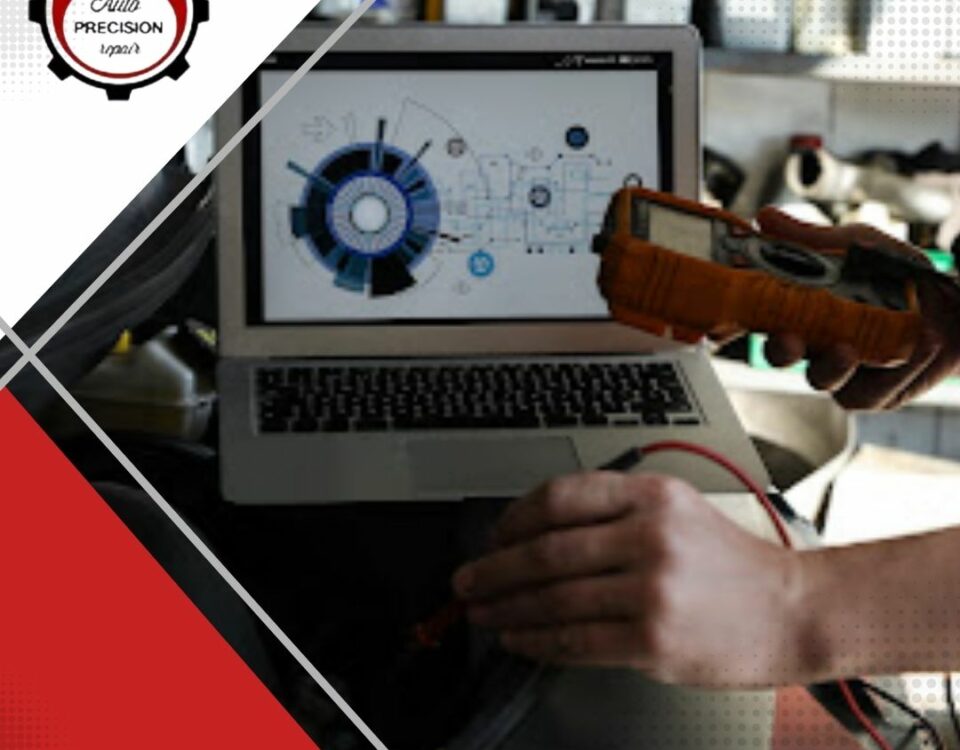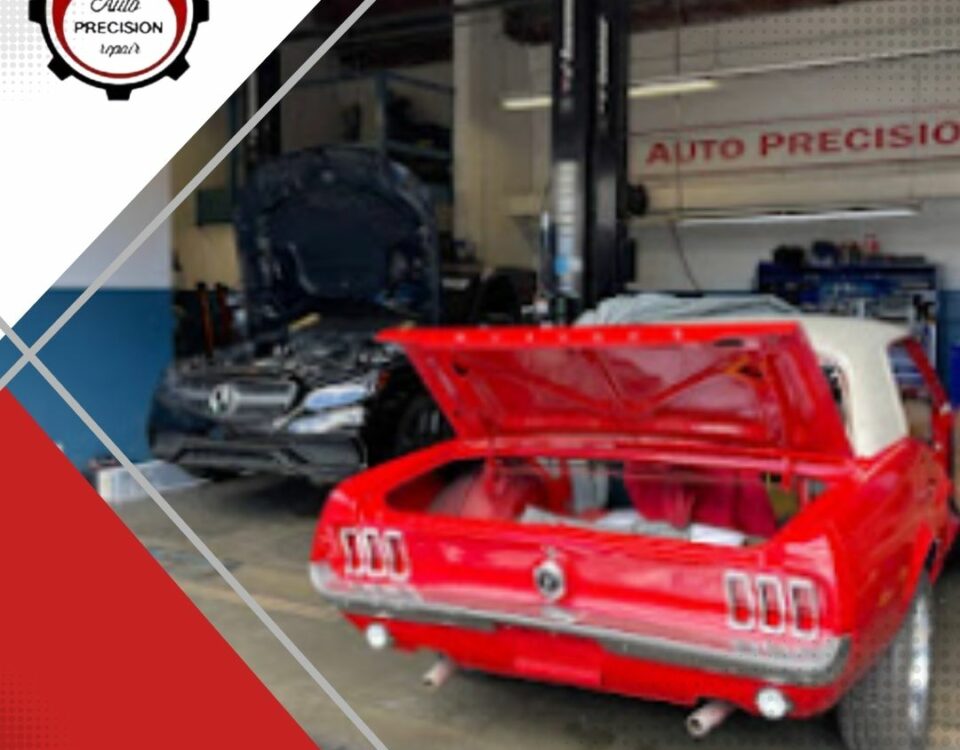
How Preventive Maintenance Saves You Money on Vehicle Repairs
September 16, 2024
Auto Repair Tips: Key Warning Signs for Brake Issues
October 3, 2024The significance of preventive maintenance in prolonging your vehicle’s operational lifespan cannot be overstated. Regularly scheduled tasks such as oil changes, tire rotations, and brake inspections are fundamental in preempting mechanical failures. These practices not only enhance engine efficiency and fuel economy but also mitigate the risk of unexpected breakdowns that can lead to costly repairs. By systematically addressing minor issues before they escalate, you ensure your vehicle remains in optimal condition. To explore the specific benefits and recommended practices of preventive maintenance, it is essential to consider the detailed insights that follow.
Key Preventive Maintenance Tasks
When it comes to vehicle longevity, key preventive maintenance tasks are paramount in ensuring optimal performance and extending the lifespan of your vehicle. One essential task is regular oil changes. Engine oil serves as a lubricant, minimizing friction between moving parts. Over time, oil degrades and loses its efficacy, potentially leading to engine wear. Thus, adhering to the manufacturer’s recommended oil change intervals is crucial.
Another critical task is maintaining proper tire pressure. Underinflated or overinflated tires can lead to uneven tire wear, compromised handling, and reduced fuel efficiency. Utilize a tire pressure gauge to check and adjust the pressure as specified in the owner’s manual.
The third vital task involves regular brake inspections. Brake pads, rotors, and fluid levels should be checked periodically. Worn brake components can significantly impair braking performance and safety. Replace brake pads when they reach the minimum thickness specified by the manufacturer.
Additionally, replacing the air filter is essential for maintaining engine efficiency. A clogged air filter can restrict airflow, leading to reduced performance and increased fuel consumption. Inspect the air filter every 12,000 to 15,000 miles and replace it if necessary.
These preventive maintenance tasks, performed diligently, are instrumental in safeguarding your vehicle’s durability and efficiency.
Benefits of Regular Maintenance
Embracing regular maintenance practices offers substantial benefits, significantly contributing to the overall health and performance of your vehicle. Routine maintenance tasks, such as oil changes, tire rotations, and brake inspections, ensure that critical components operate efficiently and are less susceptible to wear and tear. This proactive approach minimizes the risk of unexpected breakdowns, which can be both costly and inconvenient.
Adhering to a consistent maintenance schedule also enhances fuel efficiency. For instance, replacing a clogged air filter can improve engine performance and fuel economy by allowing the engine to breathe easier. Similarly, maintaining proper tire pressure reduces rolling resistance, which directly impacts fuel consumption.
Moreover, regular maintenance extends the lifespan of your vehicle. By addressing minor issues before they escalate into major problems, you can avoid expensive repairs and prolong the operational life of vital systems. This not only preserves the vehicle’s resale value but also ensures a safer driving experience.
For those who value community belonging, participating in local maintenance programs and sharing experiences with fellow vehicle owners fosters a sense of camaraderie. By staying informed and proactive, you contribute to a culture of diligence and reliability, benefiting both your vehicle and your community.
The symphony of preventive maintenance orchestrates a vehicle’s prolonged vitality, transforming potential mechanical cacophony into harmonious performance. Key preventive tasks such as oil changes, tire pressure checks, and brake inspections serve as the vigilant sentinels against deterioration. The benefits of regular maintenance resonate through enhanced fuel efficiency, diminished risk of unexpected failures, and reduced long-term expenditures. Thus, a disciplined maintenance regimen emerges as the cornerstone of vehicular longevity and operational excellence.





